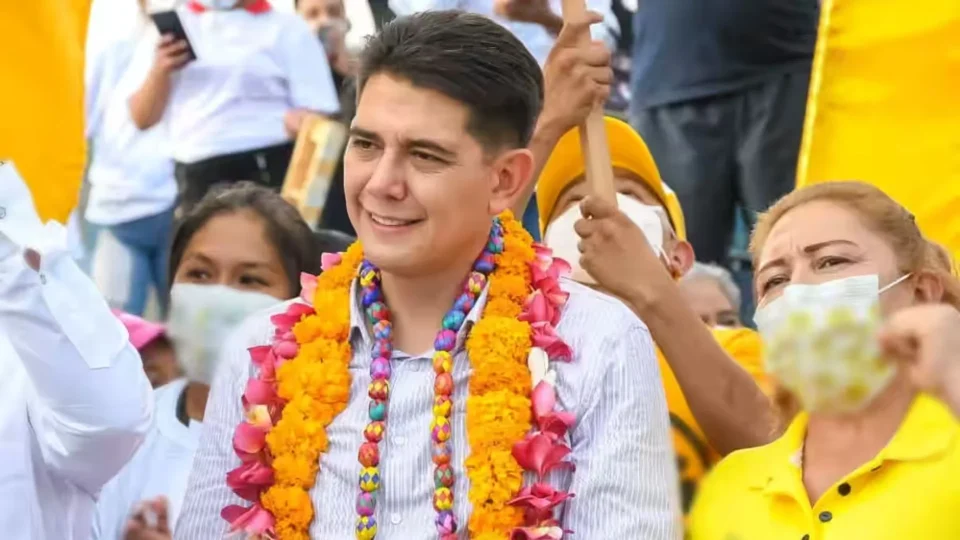The newly elected mayor of Chilpancingo, Alejandro Arcos, was tragically killed less than a week after taking office, marking yet another violent attack against politicians in Mexico. Arcos, who began his term on October 1, was fatally shot just days after the city’s secretary, Francisco Tapia, was also murdered, raising significant concerns about security in a country that recently endured its most violent and expansive general election in history.
Following the incident, Mexico’s newly elected President Claudia Sheinbaum described Arcos’ death as “unfortunate” and announced that her security cabinet would present a detailed strategy to address the nation’s security challenges at a press conference on Tuesday. “We will implement a general strategy that includes a more significant presence, intelligence, and investigation in collaboration with the governors of various states,” Sheinbaum stated.
Chilpancingo serves as the capital of Guerrero, a state notorious for violent crime and home to the tourist destination of Acapulco. Guerrero’s governor, Evelyn Salgado, condemned the killing and pledged to hold those responsible accountable. “His loss is mourned by the entire Guerrero society and fills us with indignation,” Salgado posted on X.
The violence faced by Mexican politicians extends beyond Guerrero, as highlighted by the events surrounding the June 2 election that brought Sheinbaum to power. With 20,000 electoral positions contested, the scale of violence from criminal organizations seeking to manipulate the vote was unprecedented.
During the campaign season, at least 34 political candidates were assassinated. The violence persisted even after the election; just hours after Sheinbaum’s victory, a female mayor from a town in western Mexico was shot to death.
A report from Integralia Consultants reveals that criminal organizations often target municipal leaders with politically motivated attacks because mayors can provide them with impunity through their connections to law enforcement and the local economy. These gangs frequently finance campaigns during election cycles while resorting to intimidation and violence to coerce politicians into cooperation.
Credit: CNN




